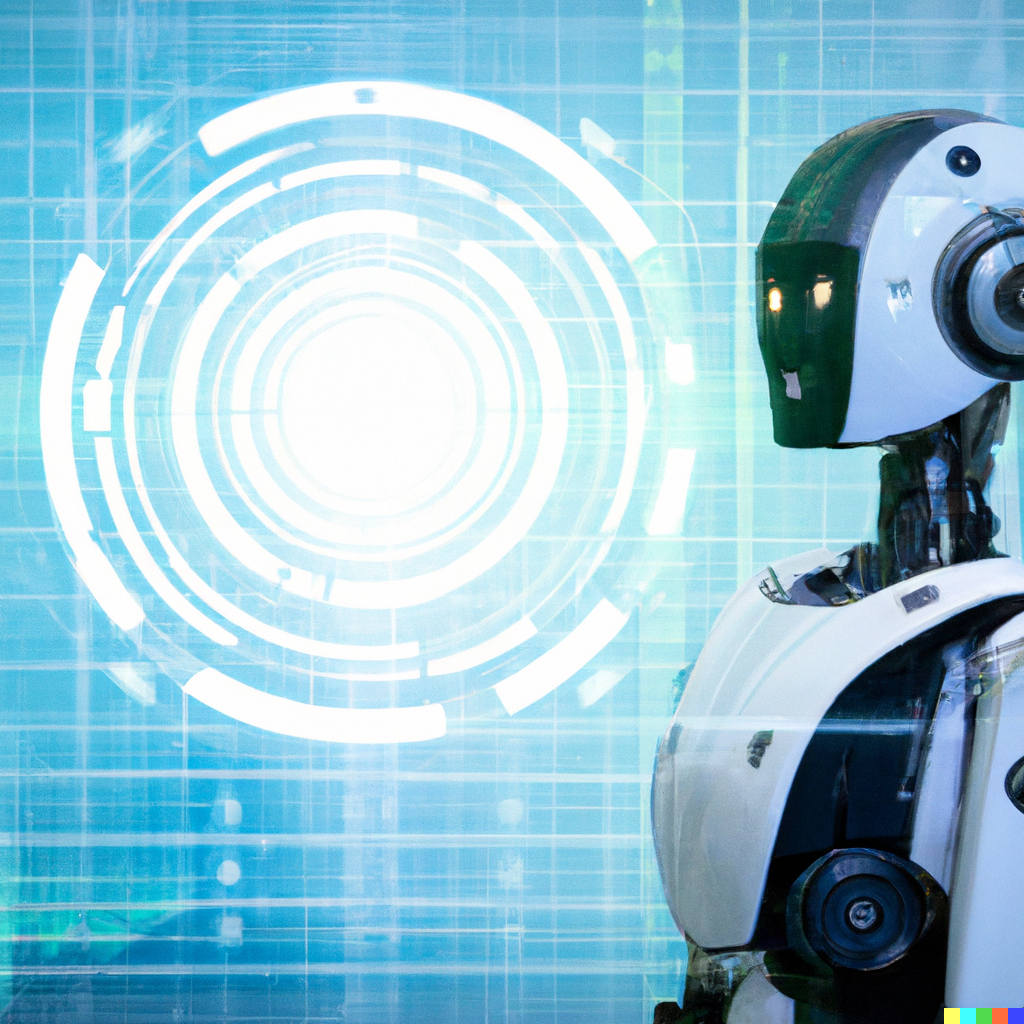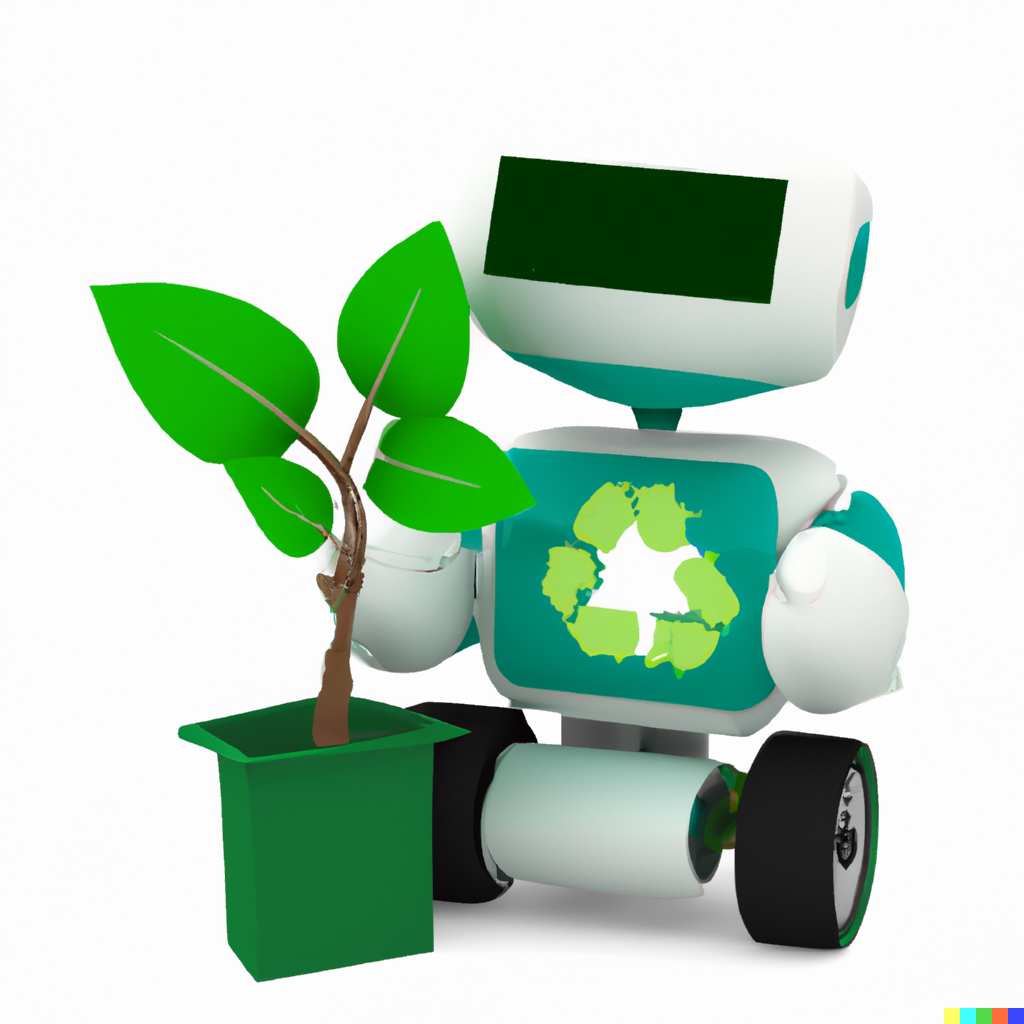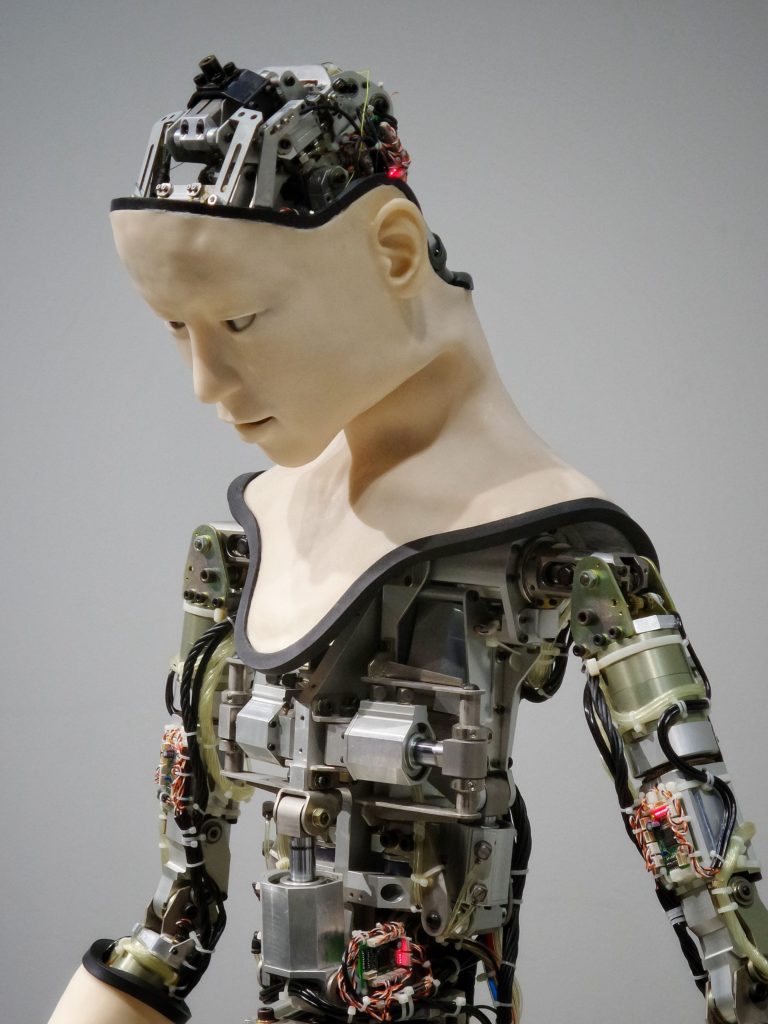Amidst the relentless evolution of technology, the phrase “Artificial Intelligence” has firmly entrenched itself in the lexicon of innovation. Yet, behind the buzzword lies a fascinating realm of innovation that is reshaping industries, changing the way we interact with machines, and challenging the very essence of human intelligence. Here are 10 essential insights to help you navigate the intricate landscape of Artificial Intelligence (AI).
1. AI: More than Just Robots
Contrary to popular belief, AI isn’t confined to humanoid robots like those in science fiction movies. AI encompasses a wide range of technologies that enable machines to perform tasks that typically require human intelligence. From speech recognition in your smartphone to the personalized recommendations of your streaming service, AI’s influence is diverse and pervasive.
Do you have a software/mobile development project in mind? Contact us today and let us help you turn your idea into reality. We have the skills, experience, and passion to create amazing solutions for your business needs. Email us at sales@nesesho.com
Want to know more about our Tech Solutions? Visit us at www.nesesho.com
2. Learning from Data
Machine Learning (ML) is the backbone of AI. It involves training algorithms on large sets of data to make predictions or decisions without explicit programming. As these algorithms learn from experience, their accuracy improves over time, making them indispensable for tasks like fraud detection, medical diagnosis, and language translation.
3. Deep Learning: Unveiling Patterns
Deep Learning is a subset of ML that’s responsible for the AI breakthroughs you hear about. Inspired by the human brain’s neural networks, Deep Learning models process information through layers of interconnected nodes, gradually uncovering intricate patterns within data. This technique has revolutionized image and speech recognition, making self-driving cars and virtual assistants possible.
4. Narrow vs. General AI
AI comes in two flavors: Narrow AI (or Weak AI) and General AI (or Strong AI). Narrow AI is designed to perform a specific task, like suggesting songs or playing chess. In contrast, General AI aims to replicate human intelligence across a broad spectrum of activities—a goal that remains aspirational and raises complex ethical questions.
5. AI Ethics and Bias
AI systems learn from data, which means they can inadvertently perpetuate biases present in that data. From discriminatory hiring algorithms to biased criminal sentencing predictions, AI’s inherent bias has prompted calls for transparency, accountability, and ethical considerations in its development and deployment.
6. AI in Healthcare
AI’s potential in healthcare is transformative. It can analyze medical images with incredible precision, detect diseases at an early stage, and predict patient outcomes. AI-powered devices like smartwatches can monitor vital signs, offering timely alerts and potentially saving lives.
7. Automation and the Workforce
Automation driven by AI has sparked debates about job displacement. While routine and repetitive tasks may be automated, AI also creates new opportunities for jobs that require creativity, critical thinking, and human empathy. Navigating this transition requires a blend of upskilling and redefining job roles.
8. AI and Creativity
AI’s role in creative fields is expanding. It can compose music, generate art, and even write articles (like this one). However, it’s crucial to remember that AI-created content lacks the genuine human touch and emotional depth that define truly remarkable creative works.
9. AI and Privacy
AI’s hunger for data raises concerns about privacy. From voice assistants listening in to personal conversations to facial recognition technology tracking our movements, the balance between convenience and privacy preservation is delicate. Stricter regulations and user empowerment are pivotal in addressing these concerns.
10. The Quest for AGI
Achieving Artificial General Intelligence (AGI)—machines that can perform any intellectual task a human can—is a monumental challenge. It involves replicating human-like cognitive abilities, from common sense reasoning to emotional understanding. While AGI remains a distant goal, the pursuit of it drives remarkable advancements across AI research.
Within an environment where AI drives innovation across various sectors, gaining a firm grasp of its intricacies stands as a crucial endeavor. As you delve into the realm of Artificial Intelligence, keep in mind that while AI can augment human capabilities, it also necessitates responsibility. As we harness the potential of AI, let’s ensure that ethical considerations, unbiased algorithms, and the preservation of our unique human qualities remain at the forefront of this exciting journey into the future.
Do you have a software/mobile development project in mind? Contact us today and let us help you turn your idea into reality. We have the skills, experience, and passion to create amazing solutions for your business needs. Email us at sales@nesesho.com
Want to know more about our Tech Solutions? Visit us at www.nesesho.com



